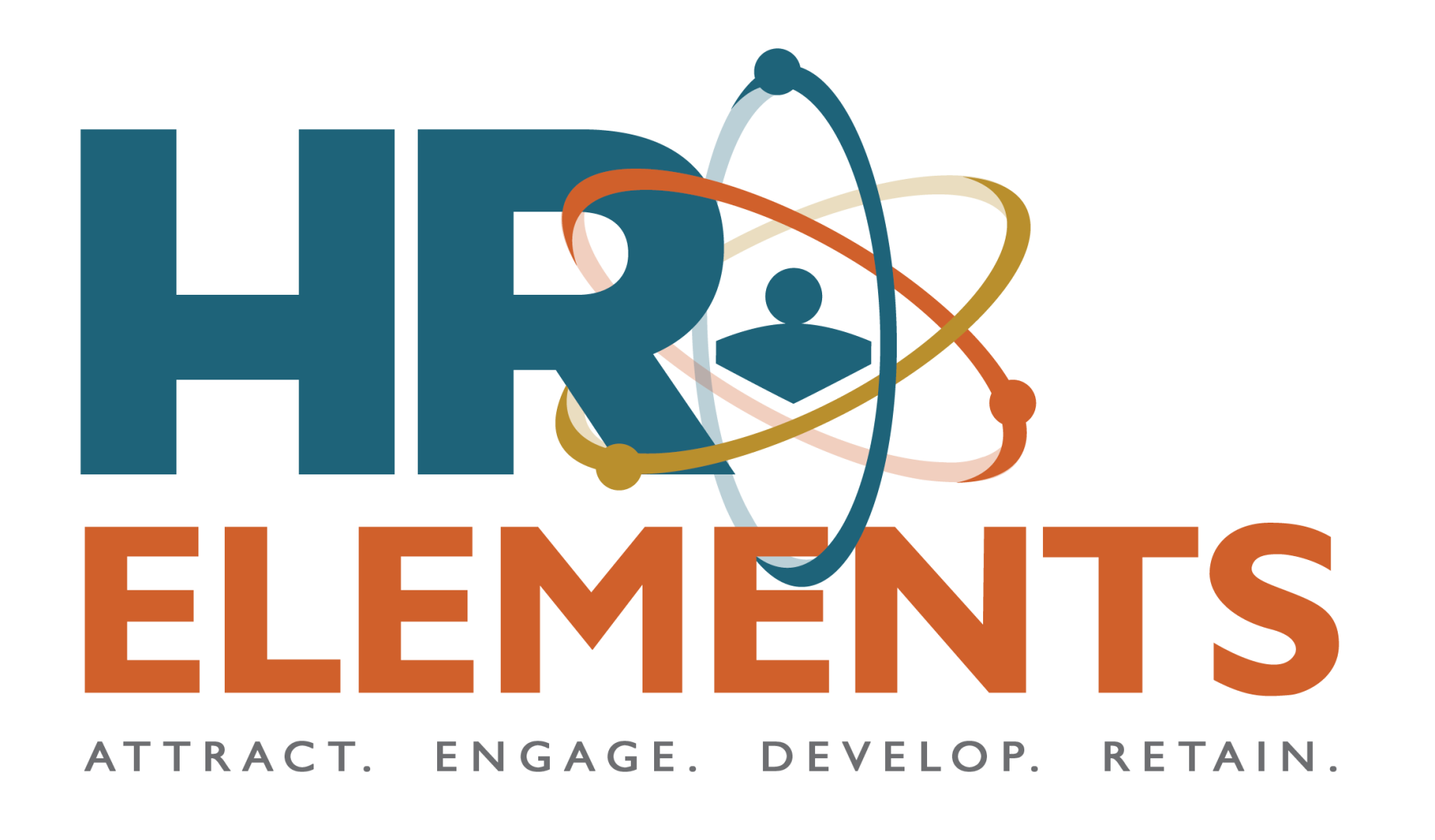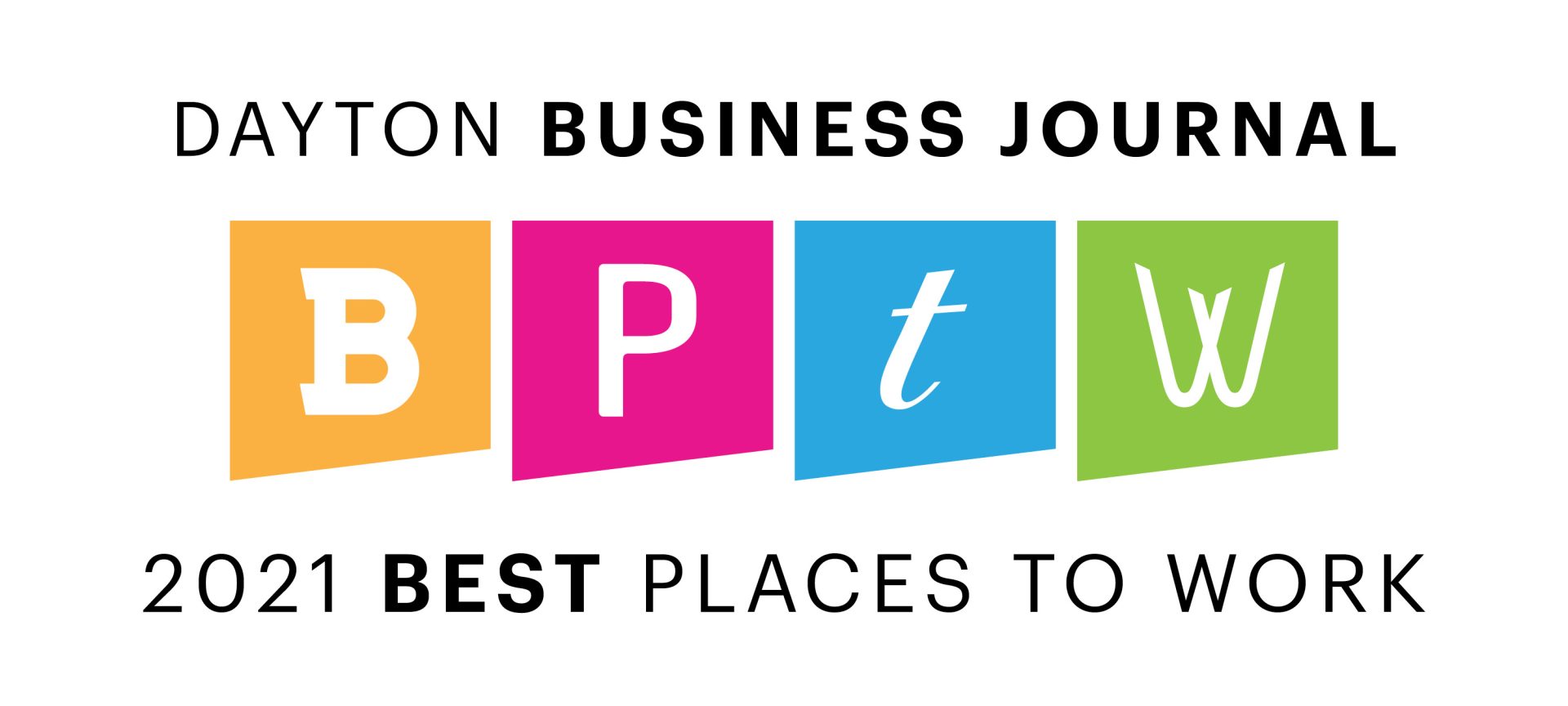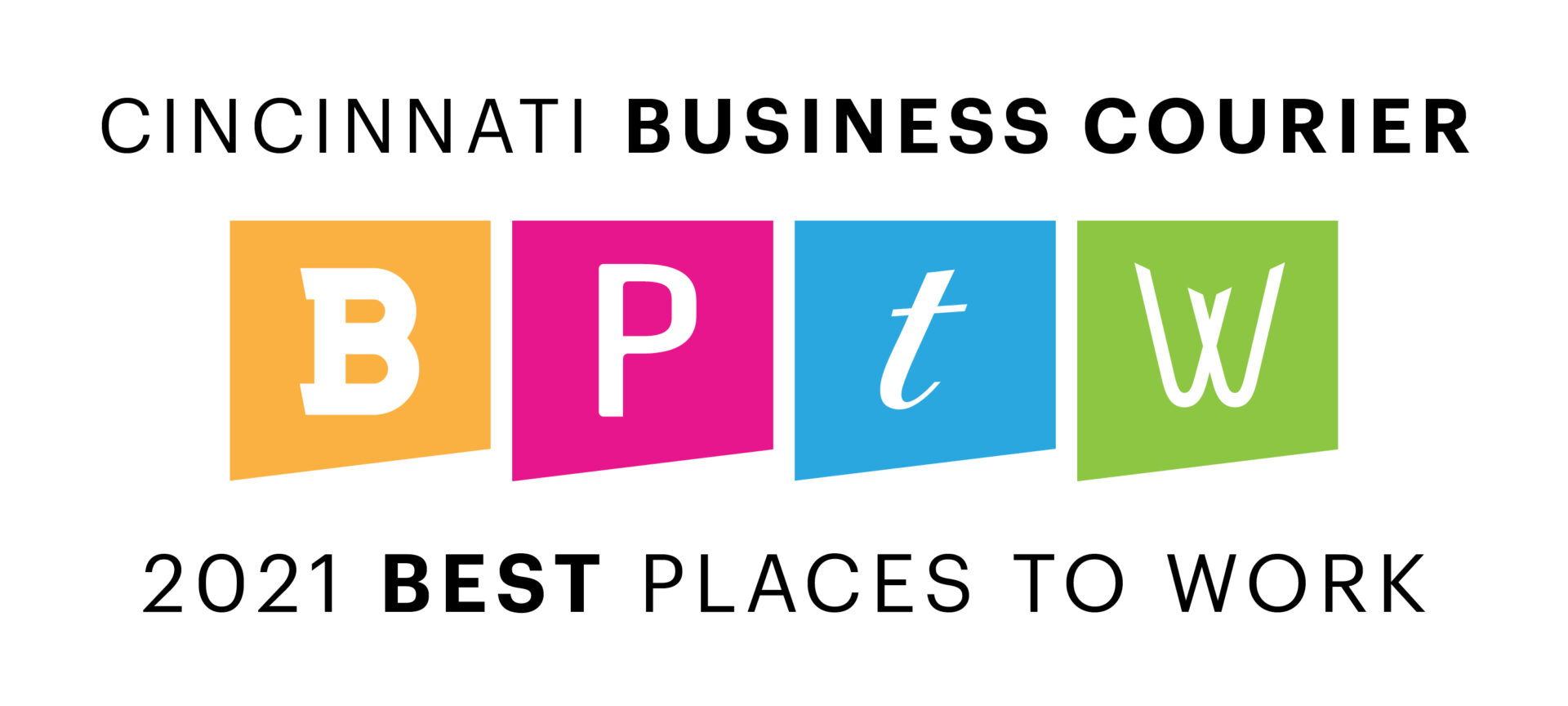How do you discipline your employees?
Like most organizations, our firm believes it is essential to continue learning, growing, testing, and understanding trends within human resources that can ultimately benefit our clients. Human Resources encounters a variety of frequent changes through employment law, state requirements, and overall employer behaviors.
To keep a handle on modifications; organizations of all shapes and sizes commonly turn to one policy to manage their “bad” employees in hopes of correcting behavior, attendance issues, poor performance, etc. This concept is what we know as progressive discipline.
Do you have a Progressive Discipline Policy/Procedure?
If you do, most likely, it follows this four-step process:
- Verbal Warning
- Written Warning
- Final Warning
- Termination/Probation
(If you are unsure if you have a Progressive Discipline Policy/Procedure, HR Elements recommends reviewing your Handbook.)
Ask yourself these questions: Are we applying progressive discipline consistently throughout the organization? What benefits do we see from using the four-step process? Is this program motivating or demotivating our employees? The largest misconception is that progressive discipline will protect a company from law suits; in fact, most companies are far from protected even with the program. With progressive discipline, some companies can even be at higher risk.
How is progressive discipline changing?
Liz Ryan shares her truth on progressive discipline, and how this impacts the growth of your business. It is clear, too much time is spent attempting to manage underperforming employees instead of rewarding and coaching-up top talent can be an ineffective use of your time and a real buzz kill to employee morale. Your top performers are loyal, they buy into the culture, and they want you to succeed. When you’re transparent and take a collaborative approach, you’re enhancing team involvement and increasing participation.
Changing your discipline strategy:
Some of you may ask, don’t we need this documentation to protect us? We aren’t saying eliminate documentation. Much like the famous phrase “work smarter, not harder”, we recommend being proactive. Managers should utilize frequent check-in meetings with their employees to discuss items such as: workload, overall performance, goals, and career paths. This approach requires some managers to shift their mindset from punishment to motivating employees.
Scheduling mini updates once a week, month or quarter can be helpful and constructive. The frequency of these meetings is dependent upon your management style, company culture, and employee needs; remember consistency is key. Bottom line is to keep the lines of communication open with your employees.
If you are interested in removing progressive discipline in your company and wish to take this proactive approach, communication is key. Talk with your employees about the changes and remember to update any employment policies or handbooks. Contact HR Elements, we can help!






